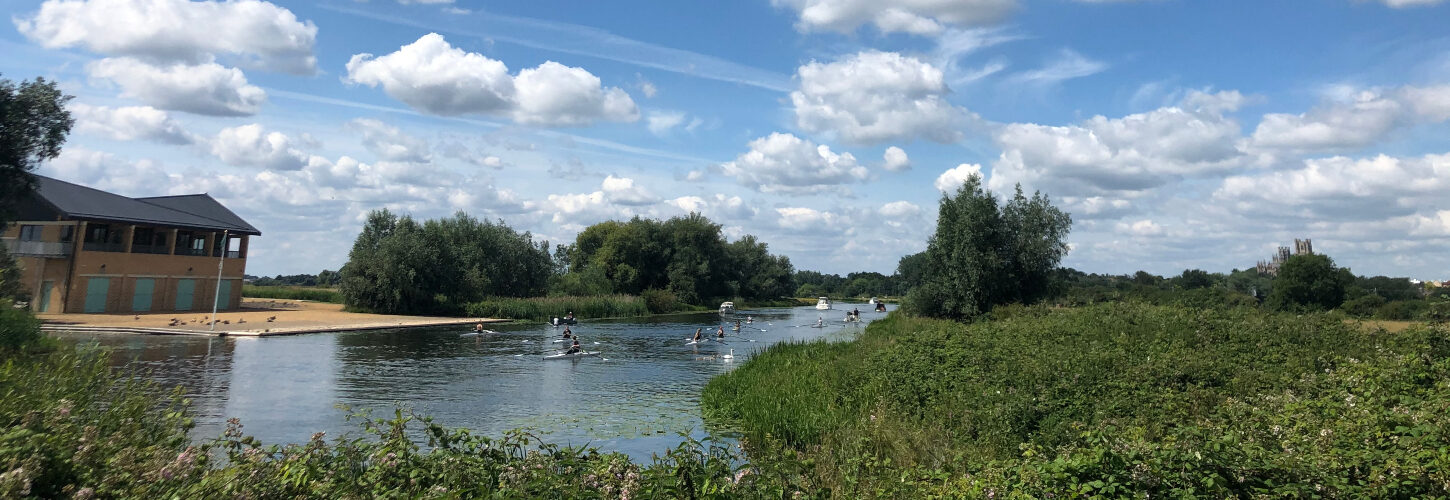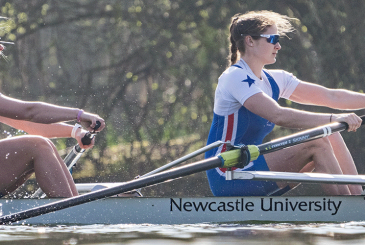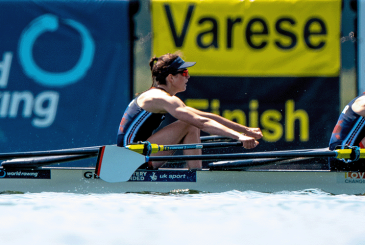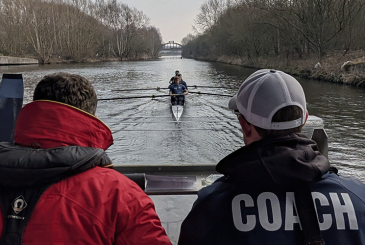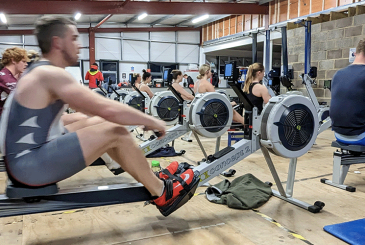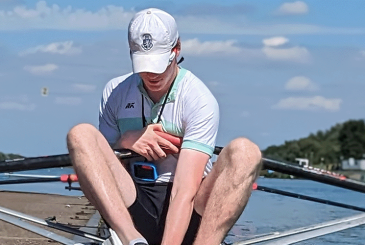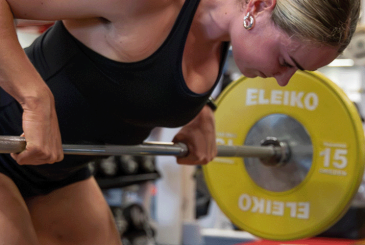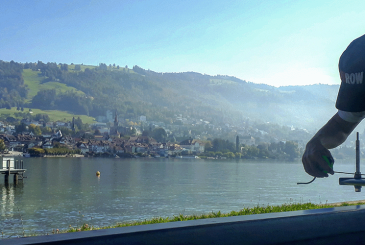British Rowing is supporting UK Coaching Week’s campaign from 6-12 June to celebrate the amazing work that our coaches do. Vicky Parry and the National Coaching Committee share tips on creating a positive coaching environment
UK Coaching Week 2022 is an opportunity to recognise and support our coaches. But what does that mean for the coaches in our clubs?
When I visit clubs, the walls are most likely to be adorned with trophy cabinets, painted blades, pennants and photographs of winning crews. Rarely do I see a picture of a coach in action. Where do we celebrate our wonderful coaches?
Celebrate success, yes, but that is not all our amazing sport is about. Where would those athletes be without their coaches? Where is the evidence of sessions that are fun, challenging or indeed life-affirming? Where is the acknowledgement of coaches who lead the learn to row sessions or support club members to take their first steps on the rowing journey – or coaches who work with rowers who have a very different focus, such as overcoming disadvantages or health issues?
“Too much emphasis in one area may result in a club culture focused narrowly in that direction and the consequences may be that other types of membership are missed.”
Tracy Muir – National Coaching Committee East
Throughout the year our coaches focus on developing athletes, but how much thought is given to developing coaches? How do you create a club environment that supports, inspires and values them?
I asked members of the National Coaching Committee for their five top tips for clubs creating a positive coaching culture.
1. Ensure the committee relationship with coaches is strong
The committee should listen to and try to understand what the coaches hope to achieve and how they would like to do this. If coaching is embedded within the overall vision for the club, then strategic aims, operational objectives and actions will support coaching. The resources needed such as finance, equipment and personnel will be put in place.
“Change within clubs is essential for maintaining the best of the past and to invigorate the future. Now more than ever, when we have had time to reflect, we must wake up to new opportunities in a very evolving and changing world.”
Pat Morris – National Coaching Committee West (fixed seat)
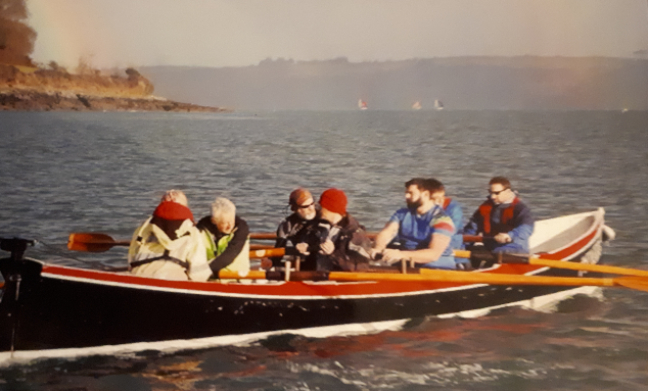
2. Communication
Set out clearly what your club coaching culture and code of conducts are so that all club members understand and respect them and their behaviours reflect them.
About two-thirds of coaches are unpaid. Ensure your members appreciate coaches are giving of their time and expertise as volunteers. Help them to understand that everyone will need some coaching some of the time and that their demands as individuals or crews must be balanced with those of other members.
Communicate these messages through your websites, newsletters and social media.
We have all become much more familiar with video conferencing and other virtual classrooms. The challenge now for clubs and coaches is to embrace new ways of working for your coaching group at club, regional or national level. Other opportunities lie in webinars, virtual coaching sessions, video analysis and communities of practice.
3. The coach-athlete role is a partnership
Many club members believe that a coach should be present at all sessions and tell them what to do. A good coach empowers the athletes to understand their motivation and to identify their own, or shared, goals and to take responsibility for how they are going to achieve them. Coaching then builds confidence and self-esteem.
“My job is to hold up a mirror for my athletes.”
Adrian Cassidy – former GB athlete and coach
We have seen this in recent months where small-boat work has led to greater individual competence and independence.
Where do you use your best coaches?
“We want some of our best coaches working with beginners so that we instil good habits and don’t have to undo poor technique at a later stage.”
Eddie Bryant – National Coaching Committee North East
4. Support and appreciate your coaches
Coaches have a considerable workload in addition to coaching sessions on and off the water. These unseen tasks such as planning, equipment maintenance, first aid, safeguarding, organising training camps or trailering are time-consuming at the best of times. Now with the COVID-19 complications around social distancing and hygiene, they are more demanding than ever.
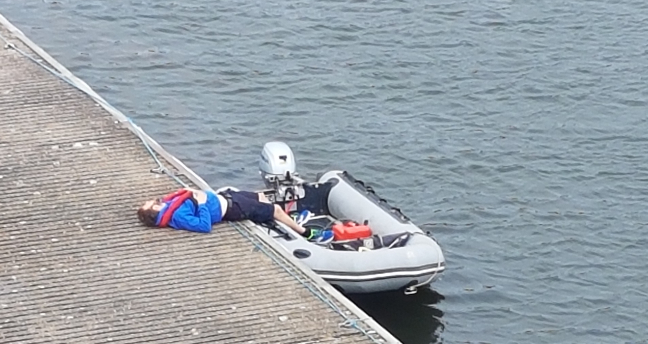
“The cost of qualifications and training, and balancing work/home life, remain the biggest barriers to coaching in the UK.”
UK Coaching Survey 2019
All club members can support their coaches by offering to do some of these tasks, for instance, setting up equipment for a session, clearing up afterwards, taking responsibility for IT or group communications, being a first aider, and so on.
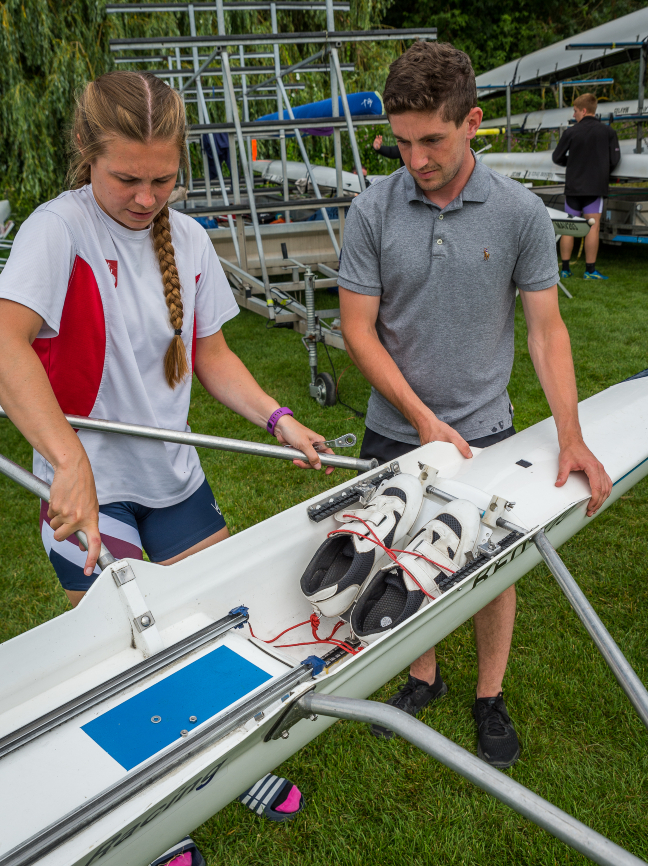
A word of thanks or appreciation goes a long way to making a coach feel valued.
“Say thank you at the time, not as an afterthought.”
Andrea Worley – Thames Region Rep and Secretary
5. Invest in the future
During COVID-19, some coaches will have reflected on their commitment and may not feel willing, or able, to continue as they have done in the past, so now is a good time to look to the future.
The best coaches are not necessarily those with the best qualifications, the best athletes or those who shout the loudest. They are the individuals who help promote a diverse and inclusive club ethos and values.
There are many ways to encourage your club members to give back a little of their time to support others who are less experienced.
Someone who has just completed a learn to row course is well placed to support others on such a course as they are aware of what it feels like to be a beginner in this situation.
Other ways might be practical help from a parent at a junior session: accompanying new scullers to make a risk assessment or getting to know their river; explaining the rules of racing or running a mock race for a crew new to competition.
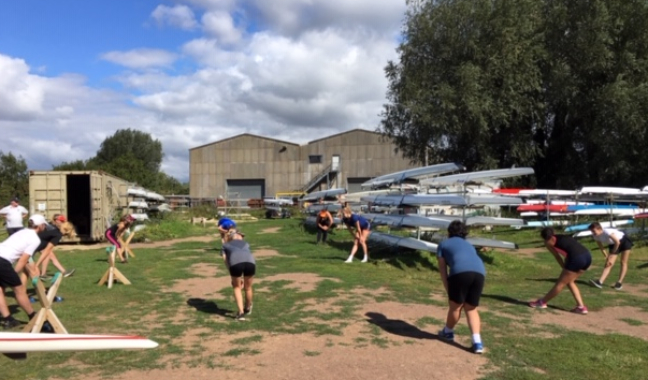
With a little encouragement, potential new coaches will start to emerge.
“I have found the best way to get people started is to approach people very casually who I think might want to get involved in coaching, to say very little initially. I just ask them to come out in the launch with me and see what I do. In general, I have found that shadowing an existing coach is a great way to recruit and get new coaches up to the point of feeling confident in taking crews out on their own.”
Billy Sardar – National Coaching Committee WAGS
Coaches inspire and touch people’s lives.
“A good coach changes a game; a great coach changes a life!”
John Wooden – US basketball coach
And, finally, according to a recent UK Coaching survey, coaching can have a positive impact on the coach too.
“Compared to those who have never coached, coaches are significantly more likely to have taken part in physical activity over the last year, to rate their physical health as excellent or good, to be a healthy BMI, and to rate their mental health as excellent or good.”
UK Coaching Survey 2019
Photos: Andrew Blit, Bill Hiskett and Elizabeth Roberts


